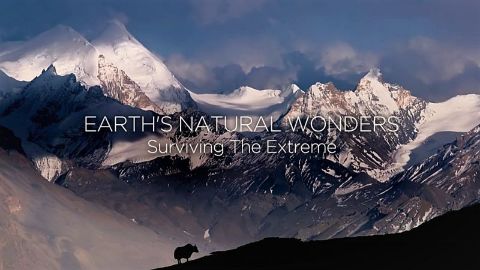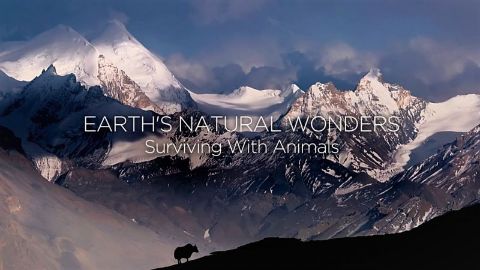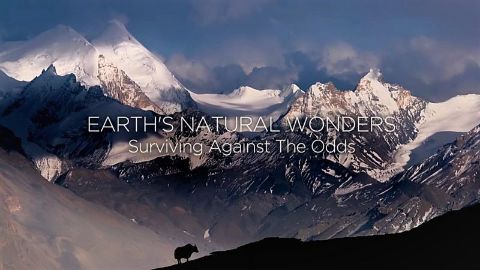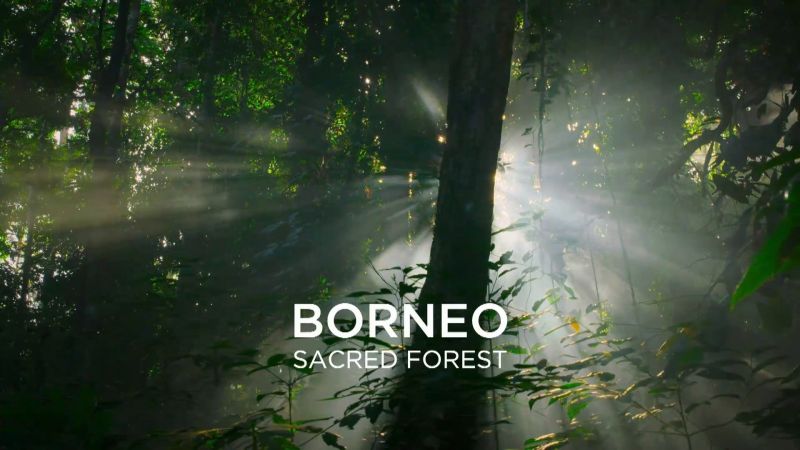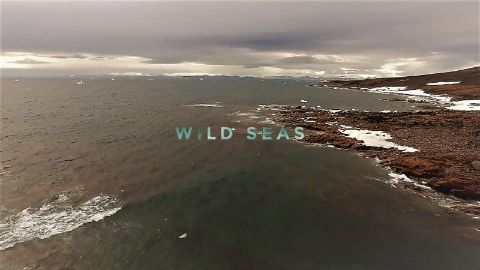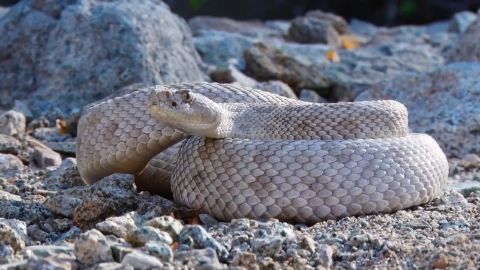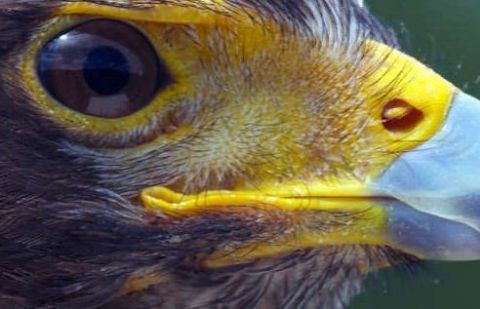Surviving the Extreme • 2018 • episode "S1E1" • Earth's Natural Wonders: Series 2
In the high Himalaya, yak-herder Thokmay Lowa and his small group steer his herd through one of the region's extreme mountain passes. For several months of the year, In the Canadian Arctic, traditional Inuit communities still forage for much of their food. 63-year-old Minnie Nappaaluk and her granddaughter Eva embark on one of the most hazardous expeditions for food Some Natural Wonders are threatened as never before - nowhere more so than the Brazilian Amazon. In the Mato Grosso, as a result of deforestation, the region's microclimate has changed. Now fires rage out of control in the dry season.
Make a donation
Buy a brother a hot coffee? Or a cold beer?
Hope you're finding these documentaries fascinating and eye-opening. It's just me, working hard behind the scenes to bring you this enriching content.
Running and maintaining a website like this takes time and resources. That's why I'm reaching out to you. If you appreciate what I do and would like to support my efforts, would you consider "buying me a coffee"?
Donation addresses
BTC: bc1q8ldskxh4x9qnddhcrgcun8rtvddeldm2a07r2v
ETH: 0x5CCAAA1afc5c5D814129d99277dDb5A979672116
With your donation through , you can show your appreciation and help me keep this project going. Every contribution, no matter how small, makes a significant impact. It goes directly towards covering server costs.
